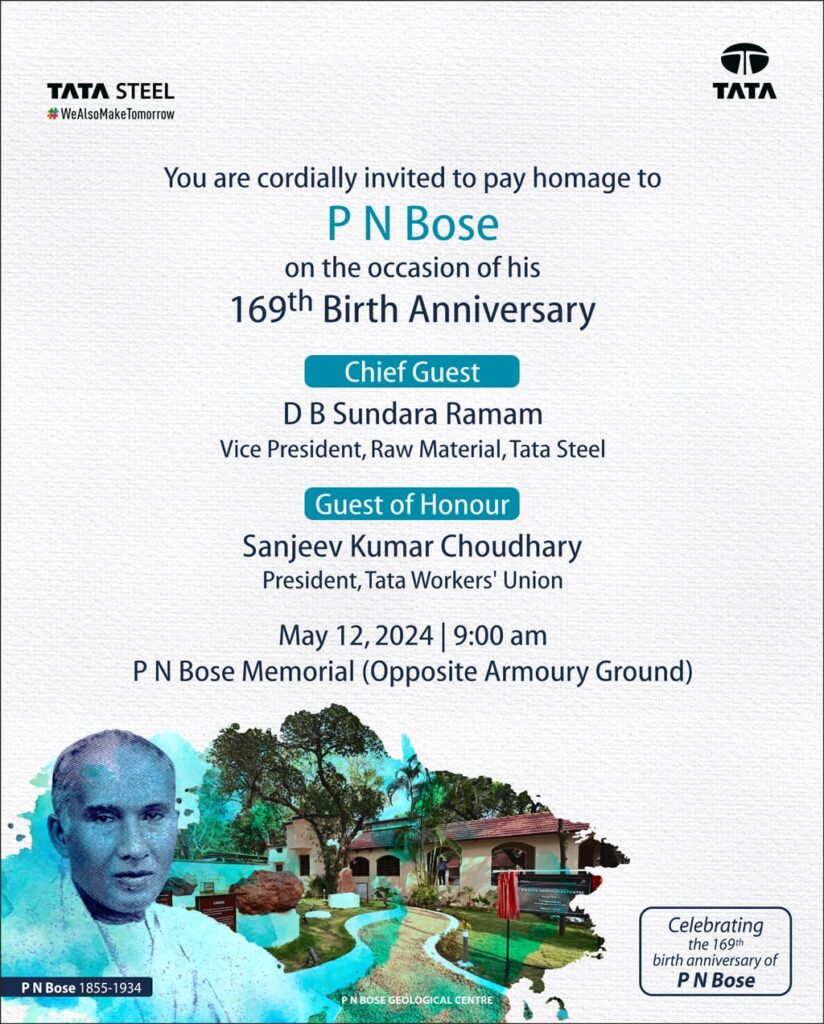Pramatha Nath Bose: Pramatha Nath Bose (PN Bose) was born on May 12, 1855, in the village of Gaipur, Nadia district, West Bengal. In 1874, he won the prestigious Gilchrist Scholarship and went to London, where he pursued studies in Chemistry, Botany, Zoology, Geology, Physical Geography, and Logic for six years.

Bose joined the Geological Survey of India on May 13, 1880, as a graded officer, and married Kamala Dutt on June 24, 1882. During his tenure at the Geological Survey, he made significant contributions, including the discovery of manganese deposits in Jabalpur district, coal in Darjeeling, copper in Sikkim, and petroleum in Assam. He was also the first person to introduce the study of micro-sections as an aid to petrological work within the Geological Survey of India.
In 1886, Bose suggested the formation of a ‘Society for the Development of Indian Industries,’ which led to the organization of the first Industrial Conference in 1891. After leaving the Geological Survey, he joined the service of Mayurbhanj State. In 1904, he informed JN Tata about the large deposits of iron ore he had discovered at the Gorumahisani Hills in Mayurbhanj District. This information played a crucial role in the establishment of Tata Iron and Steel Limited (TISCO) in 1907.
Read More: Tata Steel Summer Camp 2024: A Sporting Extravaganza at JRD Tata Sports Complex
In recognition of his contributions, the Tatas honored PN Bose by erecting a bust in his memory in Jamshedpur on March 13, 1938. The P.N. Bose Memorial is situated near the Armoury Ground, serving as a testament to his legacy in India’s geological exploration and industrial development.









